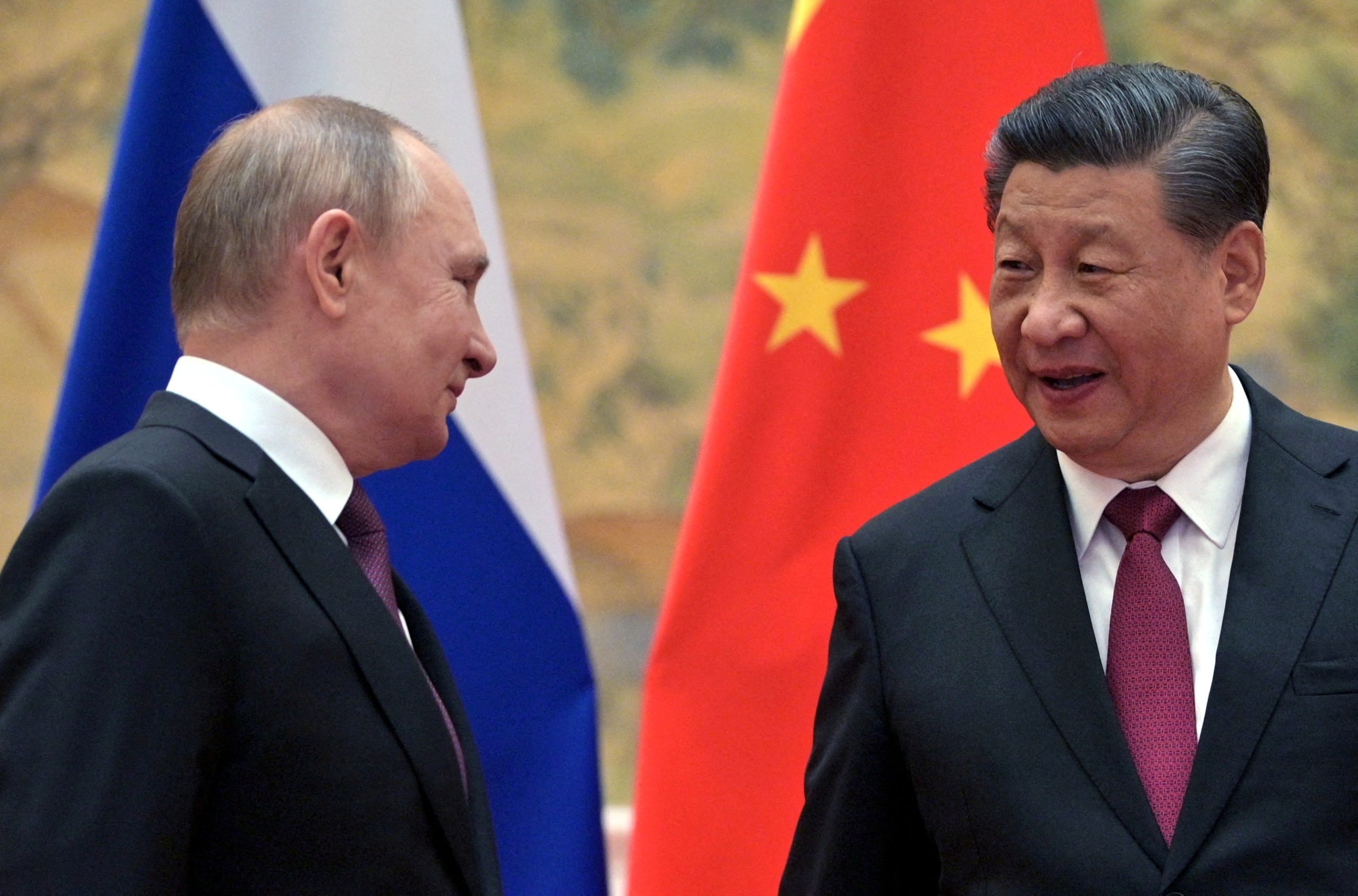In a significant move towards bolstering economic ties, Iran is gearing up to embrace Russian Mir debit and credit cards, as reported by Izvestia. The trade attaché from Tehran’s embassy in Moscow, Mohsen Rahimi, disclosed plans indicating that Iran could commence accepting these cards within the coming months.
Building Infrastructure for Mir Cards Integration
Rahimi highlighted ongoing efforts to establish the necessary technical infrastructure, emphasizing the strategic importance of this initiative amidst strengthening economic relations between Russia and Iran. Despite the anticipated time required for full implementation, groundwork for integrating the Mir system is already in motion.
Strengthening Economic Bonds Amidst Sanctions
The collaboration between Moscow and Tehran assumes greater significance against the backdrop of Western sanctions. With trade turnover amounting to $4 billion last year and promising prospects in manufacturing, mechanical engineering, and transport, the potential for further growth is evident, underscored by Financial University associate professor Mikhail Khachaturyan.
Testing Phase and Alternative to Western Systems
Testing of the Mir system in Iran is slated to commence as early as late summer or early autumn, offering a viable alternative to Western-dominated payment networks. This development gains traction following sanctions imposed on Russia, prompting the promotion of Mir as a dependable domestic payment solution.
Leveraging Tehran’s Resilience
Iran’s resilience in navigating international sanctions serves as a testament to its economic adaptability. Experts suggest that Russia stands to benefit from Tehran’s experience in withstanding external pressures, further solidifying bilateral cooperation.
Strategic Integration and Diplomatic Milestones
The decision to introduce Mir in Iran aligns with broader diplomatic endeavors, especially following Tehran’s entry into the BRICS economic group. Tatiana Monaghan, secretary general of the International Chamber of Commerce, views this move as a logical progression towards enhancing bilateral ties.
Integration and Expansion of Payment Systems
Building upon preliminary agreements announced at the KazanForum, Iran and Russia are set to integrate Mir with its Iranian counterpart, Shetab. This integration aims to streamline mutual transactions and fortify financial connectivity between the two nations.
Navigating Geopolitical Complexities
The significance of adopting Mir in Iran is underscored by recent restrictions imposed by certain nations, wary of secondary sanctions. By embracing Mir, Iran not only diversifies its payment options but also mitigates potential geopolitical risks associated with reliance on Western-dominated systems.
Regional Acceptance and Growing Influence
Mir cards enjoy widespread acceptance across various regions, with countries like Abkhazia, Ossetia, and Belarus fully embracing the system. Moreover, with usage allowances in Armenia, Kazakhstan, Kyrgyzstan, Tajikistan, Cuba, Venezuela, and Vietnam, Mir’s influence continues to expand globally.
In conclusion, Iran’s readiness to adopt Russian Mir debit and credit cards marks a significant stride towards fostering economic resilience and bolstering bilateral cooperation amidst shifting geopolitical dynamics. As both nations navigate the complexities of international sanctions, the integration of Mir represents a strategic pivot towards greater financial autonomy and regional influence.
Is this content hitting the mark for you? If so, consider supporting my work—buy me a virtual coffee! 




